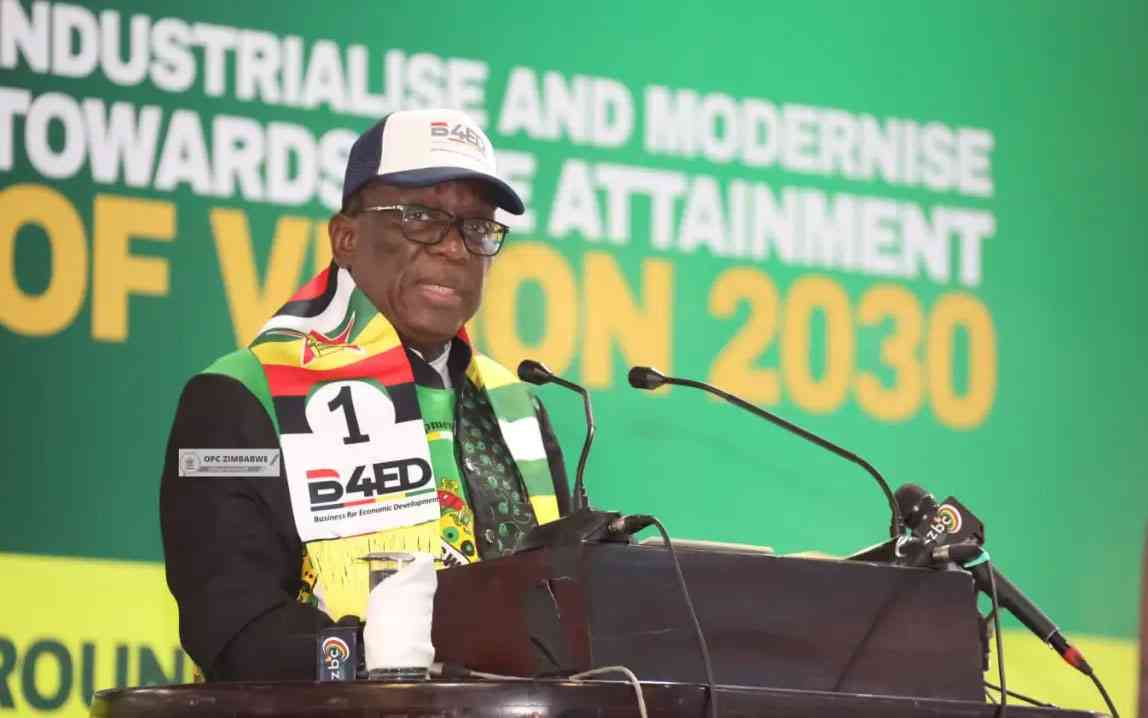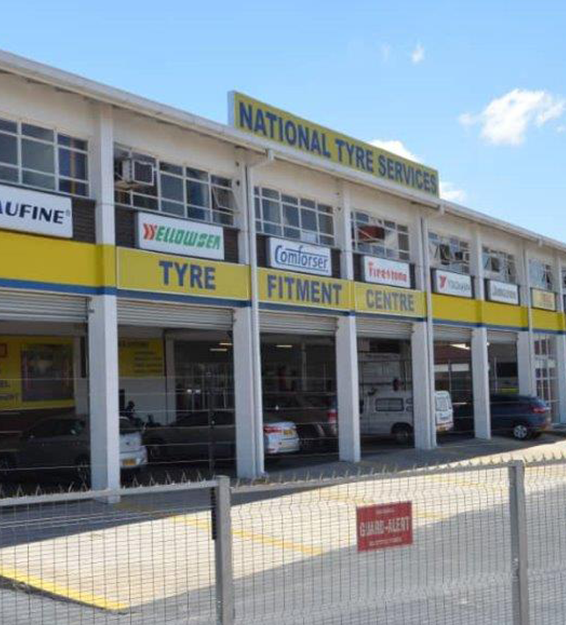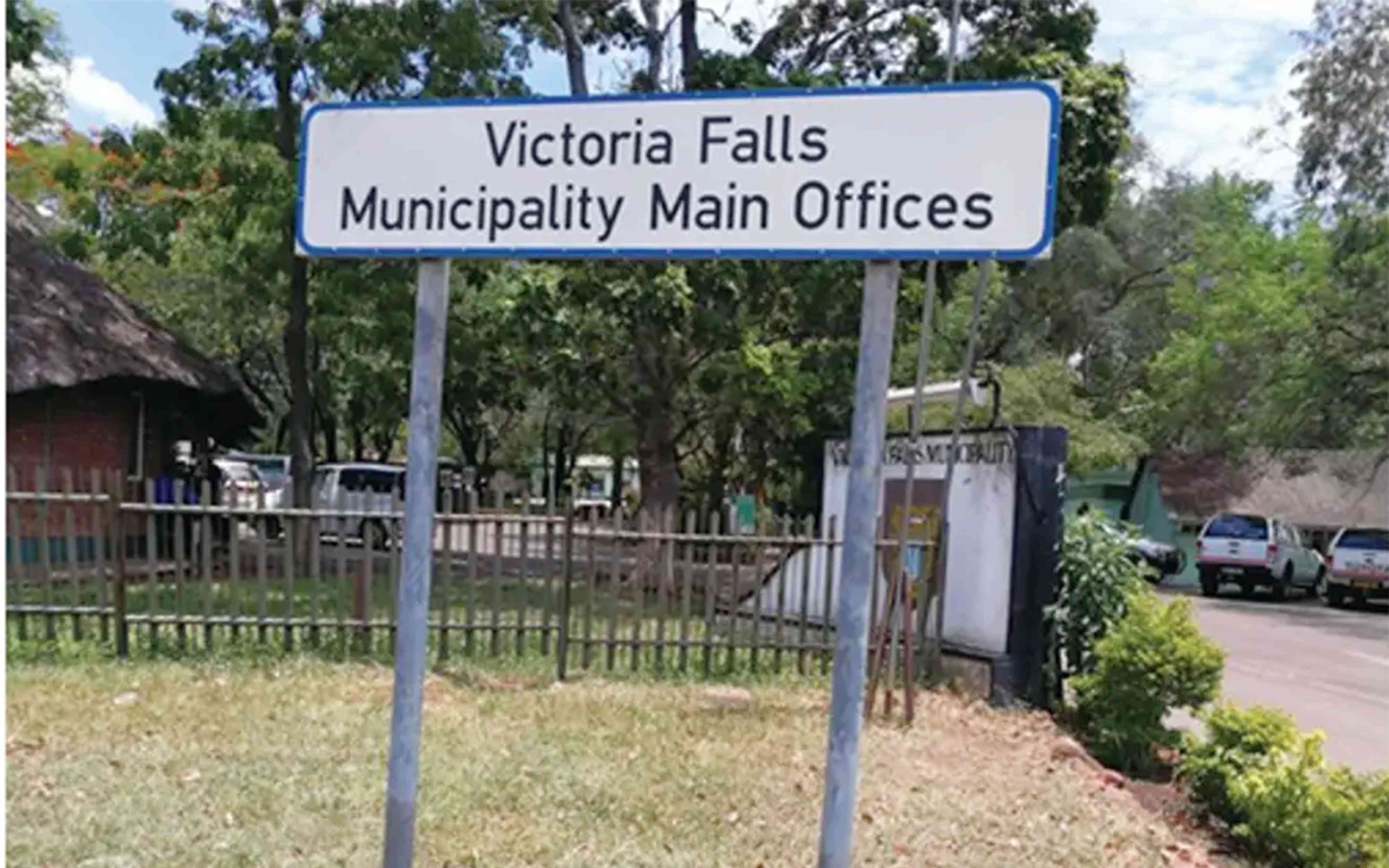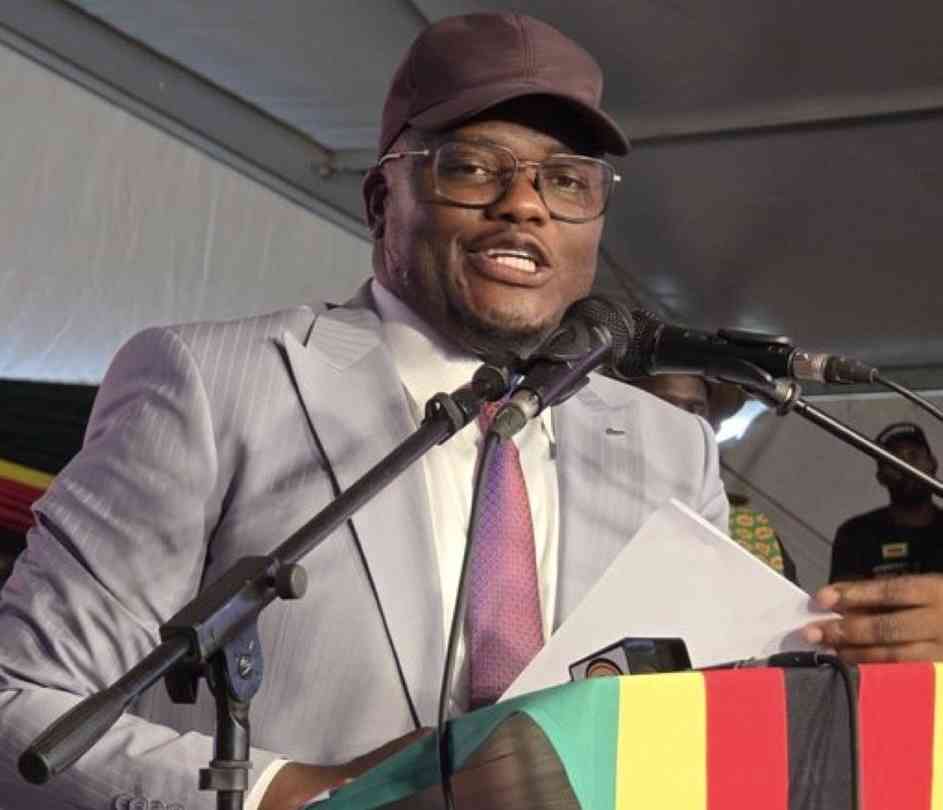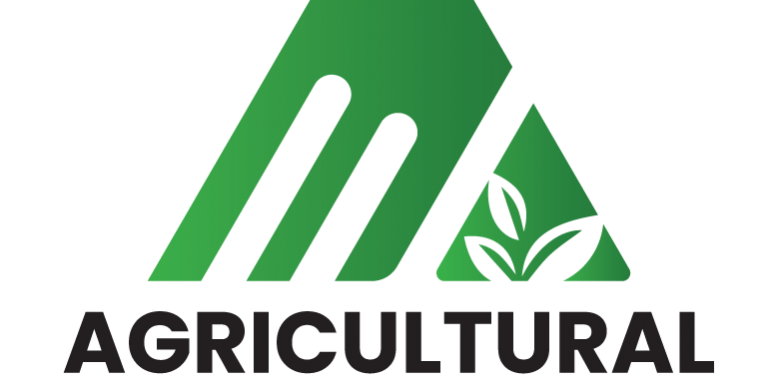
The Agricultural Marketing Authority (Ama) says cotton contractors will only be allowed to buy new seed stocks after paying for last season’s deliveries in full.
In an interview with the Zimbabwe Independent after launching this year’s cotton marketing season, Clever Isaya, chief executive officer at Ama, said the agency was moving to protect farmers following a swell on complaints over late payments.
He spoke as farmers said they were still owed up to US$5 million for last season’s deliveries by the State run Cottco Holdings, the country’s biggest player.
Delayed payments affect up to 1,3 million Zimbabweans earning their livelihoods from cotton, and about 60 000 people employed in the sector.The bulk of Zimbabwe’s crop is grown under contract farming, which has also been affected by side marketing.
Isaya told the Independent Ama will be monitoring the market to address side marketing.
“Most of the outstanding payments are with Cottco,” Isaya told the Independent.
“But I am happy to advise you that the government is committed to clear the outstanding debt for last season's deliveries. The assurance that we have been given is that this will be cleared before Cottco starts buying seed cotton for this season. Currently, an estimated US$5 million is owed to the farmers,” Isaya said.
In a speech delivered during the launch, Isaya said: “Let me stress that merchants will only be allowed to buy seed cotton once they have finished paying farmers for deliveries made in the last season and when all grade differential prices have been paid. All contractors are directed to buy from their contracted farmers. For this marketing season, Ama shall be implementing a quota system based on the level of support which each contractor provided during the current season. No contractor shall be allowed to buy outside their quota save for self-financed crop”.
- I don’t have depth: Bosso coach
- Private sector makes inroads into wheat production
- Interview: Cottco CEO lays out manufacturing vision
- Private sector makes inroads into wheat production
Keep Reading
Cottco said in October it was discussing with Treasury, the central bank, and financial institutions to raise funding to settle its outstanding commitments.
This season, farmers will receive 75% of their payments in US dollars, with the remainder coming in the local ZiG currency.
In a recent interview with the Independent, Cottco Holdings chairman, Sifelani Jabangwe said the firm had applied for a US$45 million facility from the pan-African bank, Afreximbank, to bankroll cotton production and value-addition.
Jabangwe said the application was made last year. He said in some cases, domestic banks had no capacity to fund cotton production.
“Banks, when the farmers' crop comes in, should give Cottco loans to pay farmers and then when Cottco processes the crop and the money comes, it pays for the loans,” he explained.
“Unfortunately, what has been happening is that banks have either not been able to give adequate facilities to pay for the crop or sometimes they have the facilities but don't have the liquidity.
“As a long-term solution, we have gone to make an application to Afreximbank to raise money to help to pay our farmers. Unfortunately, the process for such applications takes a long time. We started last year.”
“We are hoping that this year it will be attended to and we will have the facility. This funding cannot come from one bank. Not one bank in this country can be able to support that type of liquidity. It just tells you that it's a significant requirement on the banking sector itself.
“That is why we are going to Afreximbank to get this facility for about US$45 million, which will be partly for the farmer and part of it is going to be for the value addition projects.”
The organisation is set to invest US$3,5 million on two new projects, an oil expression plant and a solar farm, as it seeks to improve efficiency as well as value-add the crop and generate more revenue.
“On the back of this support, we believe this year the delays will be minimised, if not totally eliminated. At the same time, there is 10% that is owed. So, we have paid 90% that was owed for the current season.”

